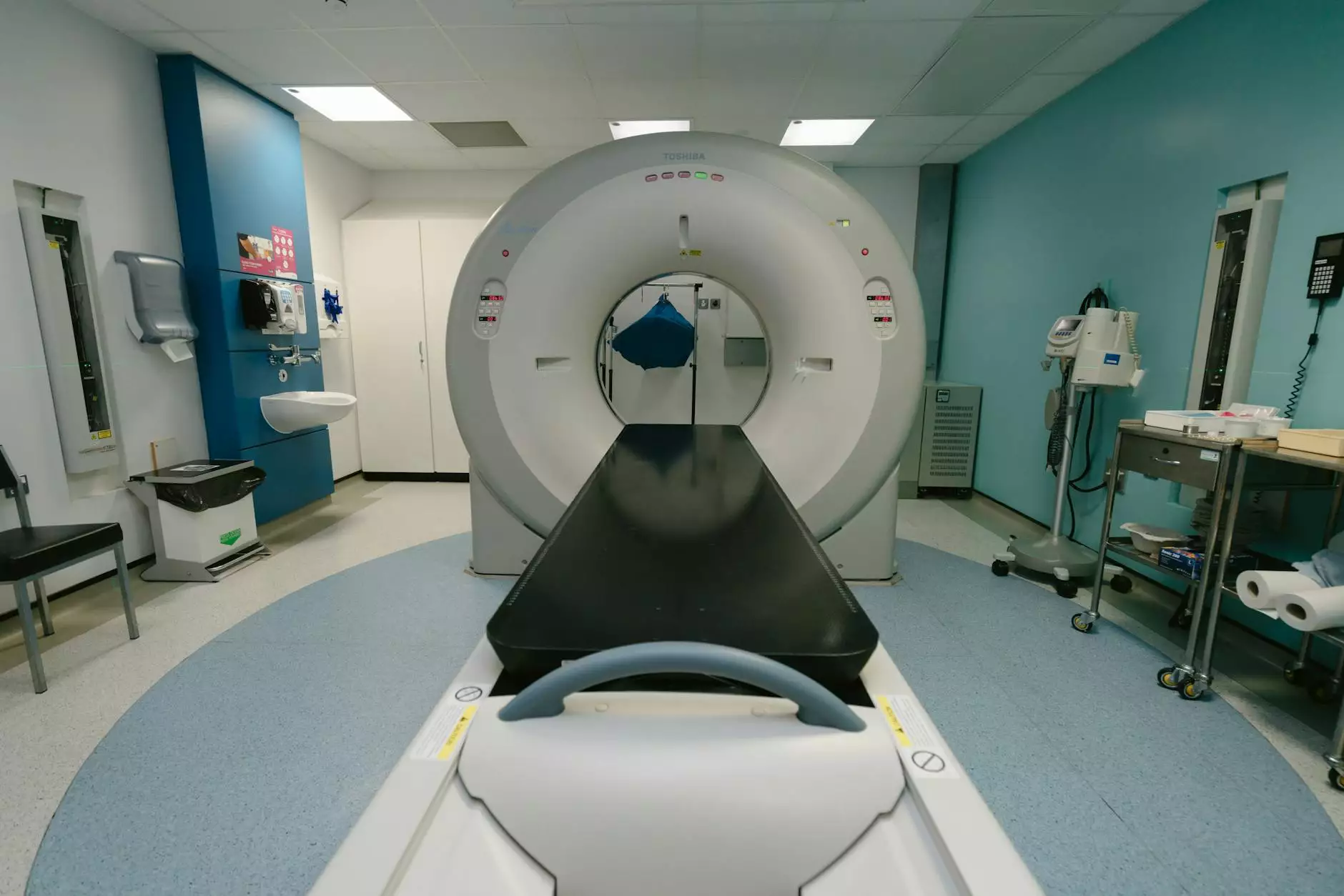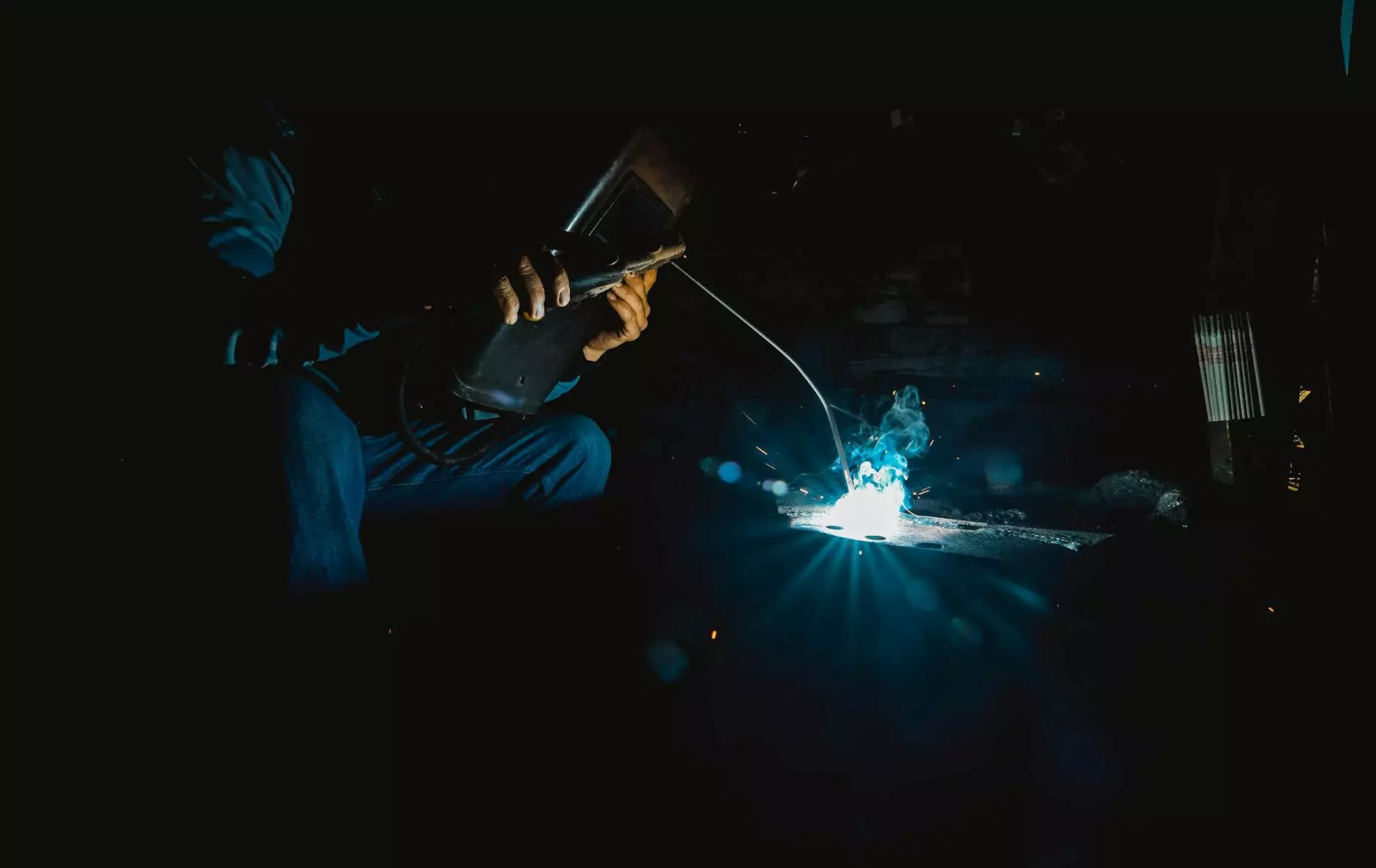Understanding MRI Technical Services: Transforming Healthcare

MRI Technical Services play a crucial role in today’s healthcare landscape, empowering medical professionals with the ability to obtain accurate, detailed, and timely diagnostic information. In this comprehensive guide, we will explore the various facets of MRI technical services, their importance in medical diagnostics, and their contributions to enhanced patient care.
What Are MRI Technical Services?
MRI Technical Services encompass a range of technical support and maintenance procedures associated with Magnetic Resonance Imaging (MRI) machines. These services ensure that these sophisticated diagnostic tools operate efficiently and effectively, providing healthcare professionals with the necessary imaging for accurate diagnosis and treatment planning.
The Role of MRI in Modern Medicine
The MRI (Magnetic Resonance Imaging) technology is indispensable in medical diagnostics. It utilizes powerful magnets and radio waves to create detailed images of organs and tissues within the body. Unlike traditional X-rays or CT scans, MRI does not employ ionizing radiation, making it a safer option for patients. Here are some key roles MRI plays in modern medicine:
- Diagnosis of Diseases: MRI is critical for diagnosing various conditions, including tumors, brain disorders, and joint abnormalities.
- Monitoring Treatment Progress: MRI scans help track the effectiveness of ongoing treatment plans, particularly in oncology.
- Guiding Surgical Procedures: Surgeons use MRI images to navigate complex surgeries, ensuring precision and safety.
Key Components of MRI Technical Services
MRI Technical Services are comprised of several essential components that guarantee the smooth operation of MRI systems:
1. Equipment Maintenance
Regular maintenance of MRI machines is crucial to prevent unexpected breakdowns. Technicians perform scheduled maintenance checks, including:
- Calibration of imaging systems.
- Cleaning of coils and other components.
- Updating software and firmware to comply with the latest standards.
2. Quality Assurance
Quality assurance protocols are established to ensure that MRI machines perform optimally. This includes:
- The adherence to safety standards.
- Performance evaluations through routine tests.
- Documentation of quality control measures.
3. Technical Support
Technical support teams are available to address any operational issues or queries from healthcare providers. This support encompasses:
- Immediate troubleshooting assistance.
- Training for radiologic technologists.
- On-site repairs and part replacements as needed.
4. Patient Safety Protocols
Ensuring patient safety is paramount in MRI technical services. Protocols include:
- Pre-scan safety assessments to screen for metals and medical devices.
- Patient education about the MRI process.
- Emergency procedures to follow in case of complications.
The Importance of Highly Skilled Technicians
The effectiveness of MRI Technical Services largely hinges on the expertise of the technicians who operate the equipment. These professionals must be well-trained and certified in both the technical aspects and patient care practices. Here’s why their role is indispensable:
- Technical Expertise: Understanding the complexities of MRI technology is essential. Technicians must be adept at controlling machines, adjusting parameters, and managing imaging artifacts.
- Patient Interaction: Technicians often serve as the first point of contact with patients, ensuring comfort and reducing anxiety.
- Collaboration with Medical Teams: MRI technologists work closely with radiologists and physicians to provide the best possible diagnostic information.
Advancements in MRI Technology
The field of MRI is continually evolving, with advancements aimed at improving diagnostic capabilities and patient safety. Some noteworthy innovations include:
1. Higher Field Strengths
Recent developments have led to the introduction of high-field MRI systems that provide greater resolution and faster imaging times.
2. Functional MRI (fMRI)
Functional MRI is an emerging technology that monitors brain activity by detecting changes in blood flow. This technique is invaluable for neurological assessments and research.
3. MRI-guided Interventions
Combining MRI with real-time imaging during surgical procedures enhances precision. MRI-guided interventions can be used in targeting tumors or guiding minimally invasive surgeries.
Benefits of Effective MRI Technical Services
Effective MRI technical services deliver numerous benefits that enhance both operational efficiency and patient outcomes:
- Reduced Downtime: Regular maintenance and immediate technical support minimize downtime, ensuring that MRI facilities can meet patient demand.
- Enhanced Image Quality: Regular calibration and quality assurance lead to clearer images, aiding in more accurate diagnoses.
- Increased Patient Satisfaction: High standards of safety and technician interactions contribute to a positive patient experience.
Choosing the Right MRI Technical Services Provider
When selecting an MRI technical services provider, healthcare facilities should consider the following factors:
- Experience and Credentials: Look for providers with skilled technicians and a solid track record in MRI services.
- Comprehensive Service Offerings: Ensure the provider offers a full range of services, from maintenance to emergency repairs.
- Reputation in the Industry: Research testimonials and case studies to gauge the provider’s reliability and effectiveness.
Future Trends in MRI Technical Services
The future of MRI technical services is promising, with several trends shaping the industry:
1. Integration of AI Technologies
Artificial Intelligence (AI) is becoming increasingly integrated into MRI processes. AI can assist in interpreting scans and automating certain technical functions, thus enhancing overall efficiency.
2. Remote Monitoring Capabilities
Telemedicine and remote monitoring systems are emerging trends that allow technicians to monitor MRI equipment performance and address issues from a distance.
3. Emphasis on Patient-Centric Care
With a growing focus on patient satisfaction, MRI technical services will likely incorporate more patient-friendly practices to enhance comfort and ease during procedures.
Conclusion
In summary, MRI technical services are vital to the health and medical sector, ensuring that advanced imaging technology operates at peak performance. From maintenance and quality assurance to skilled technician support and patient safety protocols, these services significantly impact diagnostic accuracy and patient outcomes. As technology continues to advance, so too will the scope and effectiveness of MRI technical services, paving the way for enhanced healthcare solutions.
For more information about MRI technical services, visit echomagnetservices.com and discover how we can enhance your diagnostic capabilities today.









